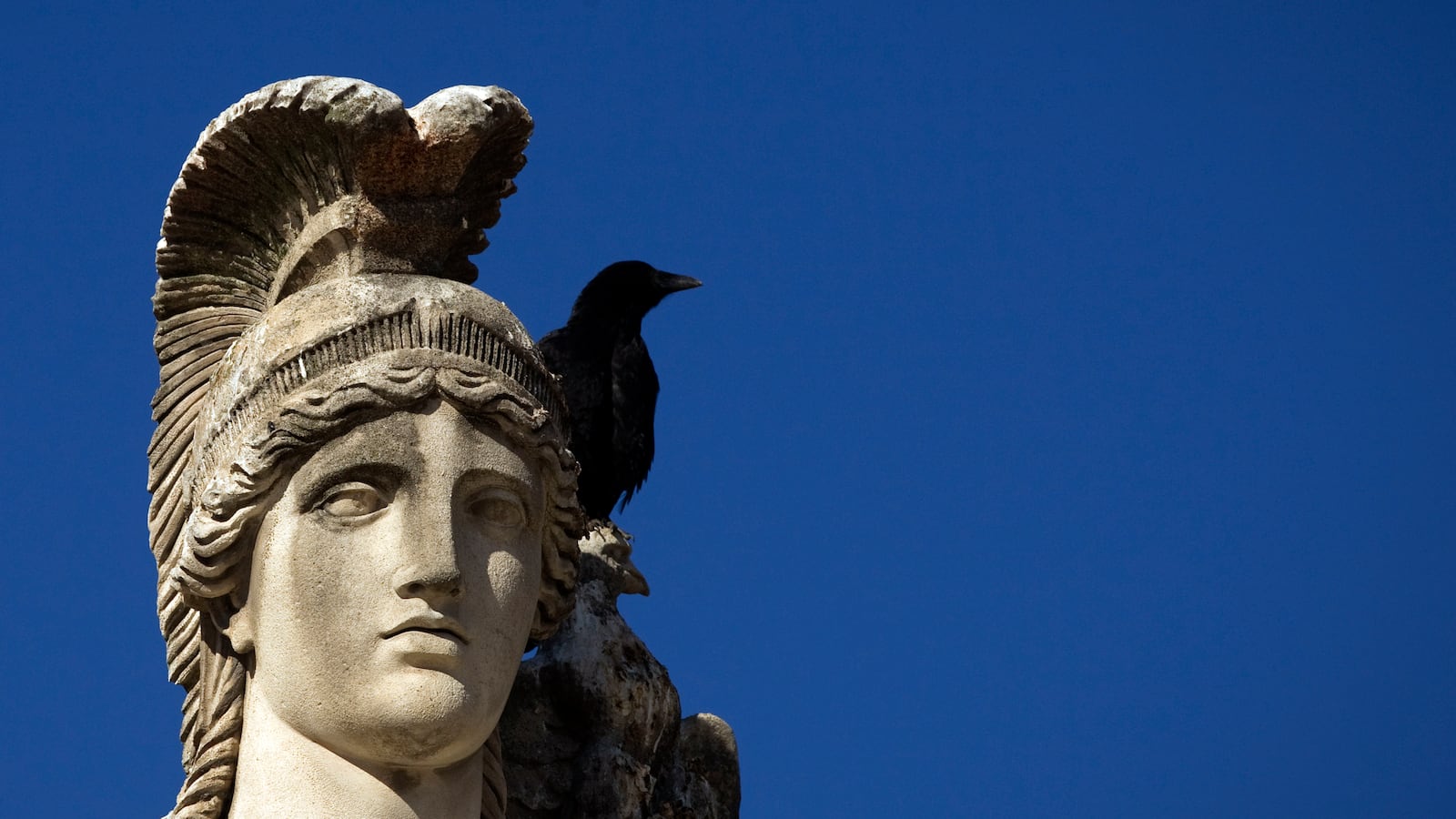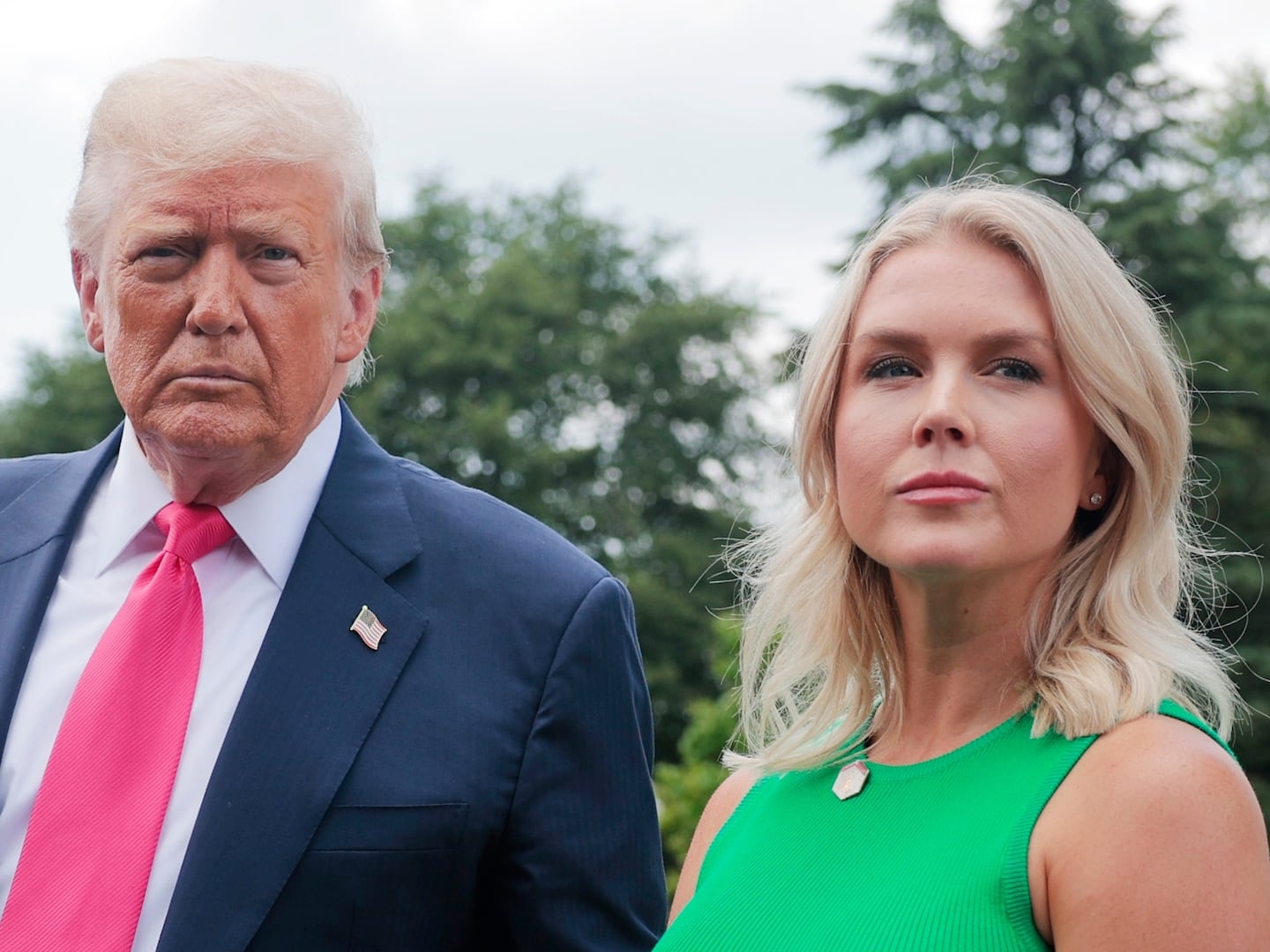A strong Zionism, a hybrid of nineteenth-century nationalism and faith in the Bible, helped nurture the founding of the State, reaching its peak in the Six-Day War. Based upon the presumption of knowing God’s will and then executing it, this Zionism has now led to extremism, if not fanaticism among National Religious on the right, and a corresponding disillusion among post-Zionists on the left.
A weak zionism, by contrast, with a small "z," the one I embrace, provides another option—with a belief in a free and open, even liberal, public sphere, but one that is also unabashedly Jewish.

Teaching the play Oedipus Rex to undergraduates in Israel is, for me, a way to think about the conflicts of contemporary Israeli culture, particularly the obstacles to this less ideal, but more practical, zionism. Oedipus, abandoned by his parents to avoid the fulfillment of the oracle that their son is destined to sleep with his mother and kill his father, grows up in the royal household of Corinth. When Oedipus himself learns of the oracle, he flees Corinth and unknowingly fulfills his destiny, killing his father on his way to Thebes, and then marrying his mother, the Queen Jocasta.
In the fantasy Israeli production of the play I ask my students to imagine, the chorus, the elders of Thebes, dressed in long frocks and black hats, with payot dangling, pray for divine intervention to end the plague that afflicts their city because of, unknown to them, Oedipus himself. Jocasta, occupying the other extreme, sports a pants-suit; she is the brash Israeli hilonia, the cynic, doubtful of the very existence of the gods, certainly of their role in human affairs. Between the world-renouncing piety of the elders and the secular cynicism of Jocasta stands Oedipus who boasts his ability to rid Thebes of plague, proclaiming both to know what the gods want and to be the one to perform their will: "I am," he affirms proudly, "Apollo’s champion." And so in this imagined production, Oedipus wears a kippa s’ruga, or knitted skullcap.
Many Israelis suffer this not-so-Freudian Oedipus complex—the belief, what Aristotle calls the hubris, that one can know God’s will and make it into reality. True, the spectacle of the Israeli army removing settlers from their Gaza homes may have done much to undermine the mythology of ‘Greater Israel,’ but the inheritance of the 1967 war, when Israel may have really seemed an extension the Divine Hand, remains resilient, even by those who seem to most oppose it (and so the continual killing-off of the old Zionism paradoxically guarantees its continued existence).
But the National Religious are not alone in cultivating a strong and singular vision for the public sphere. The secular advocate a humanist and supposedly universal state that is often exclusionary and intolerant; while the ultra-orthodox do not hesitate to impose their religious ideals, increasingly so these days, upon the public sphere. These strong and exclusionary visions—leading to posturing, defensiveness and suspicion that makes conversation all but impossible—betray another Oedipal and Israeli fantasy: "I must rule!"
The zionism I advocate, however, the zionism with a small "z," has modest aspirations, not messianic pretensions. My strong, even passionate, allegiance to a weak zionism, a liberal zionism, even an American-style zionism, aspires to cultivate a neutral public sphere, paralleling that of the American context. But like its counterpart, the Israeli public sphere, though putatively "neutral," would continue to be shaped by the history, culture and traditions—even the symbols, and especially the calendar—of the majority Jewish culture. This is a zionism confident in an inclusive and diverse public sphere, one which will cultivate a growing separation between religion and State as a place for exchange, not coercion.
Such a zionism gives the ultra-orthodox the opportunity to overcome their rejectionist attitudes and show that they value citizenship and maybe even, when given the opportunity, service. Small-case zionism allows the secular who, according to a recent newspaper poll feel the "deep pull of God’s promise to Abraham," to embrace Israeli nationalism without its fundamentalist excesses. The National Religious, in advocating this zionism, though giving up the messianic aspect of their vision, enjoy a greater mandate for the core ideals that they have always cherished. In many ways, there already are, across the spectrum, zionists like me, though there is the need now to create the institutional frameworks—away from the polemical debates of those invested in the older Zionist ideal—to allow this new zionism to flourish.
Empowered though the space the new zionism provides, Israelis of every color may find themselves more open to the aspirations they already harbor, making it easier to identify with those they thought to have hated. Indeed, there is a growing sense that the languages of enmity that sustain fanatics and fundamentalists—despite the headlines—have run their course; and that metaphors of culture-war and opposing camps need to be replaced, for a public sphere already in the making, by those of conversation and compromise.
The Harvard philosopher Hilary Putnam writes, "enough may not be everything, but enough is enough." For zionists like me, the ideals—messianic or otherwise—remain, as they do in a liberal society, private, with the "everything," promised by different idealists including Oedipus in a kippa, reserved for the future. In the meantime, we settle, like Putnam, for enough.
After all, it’s all we have.






